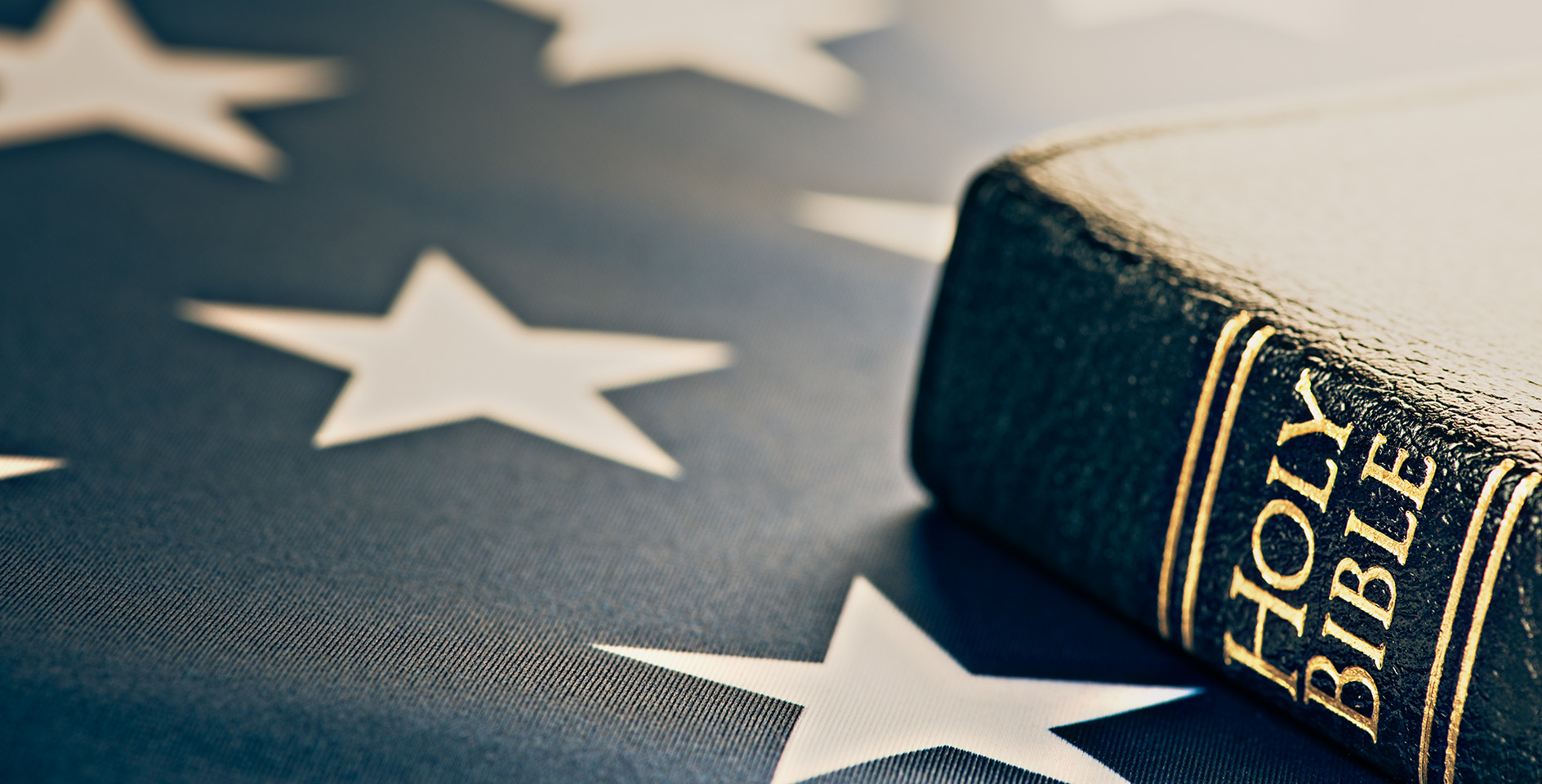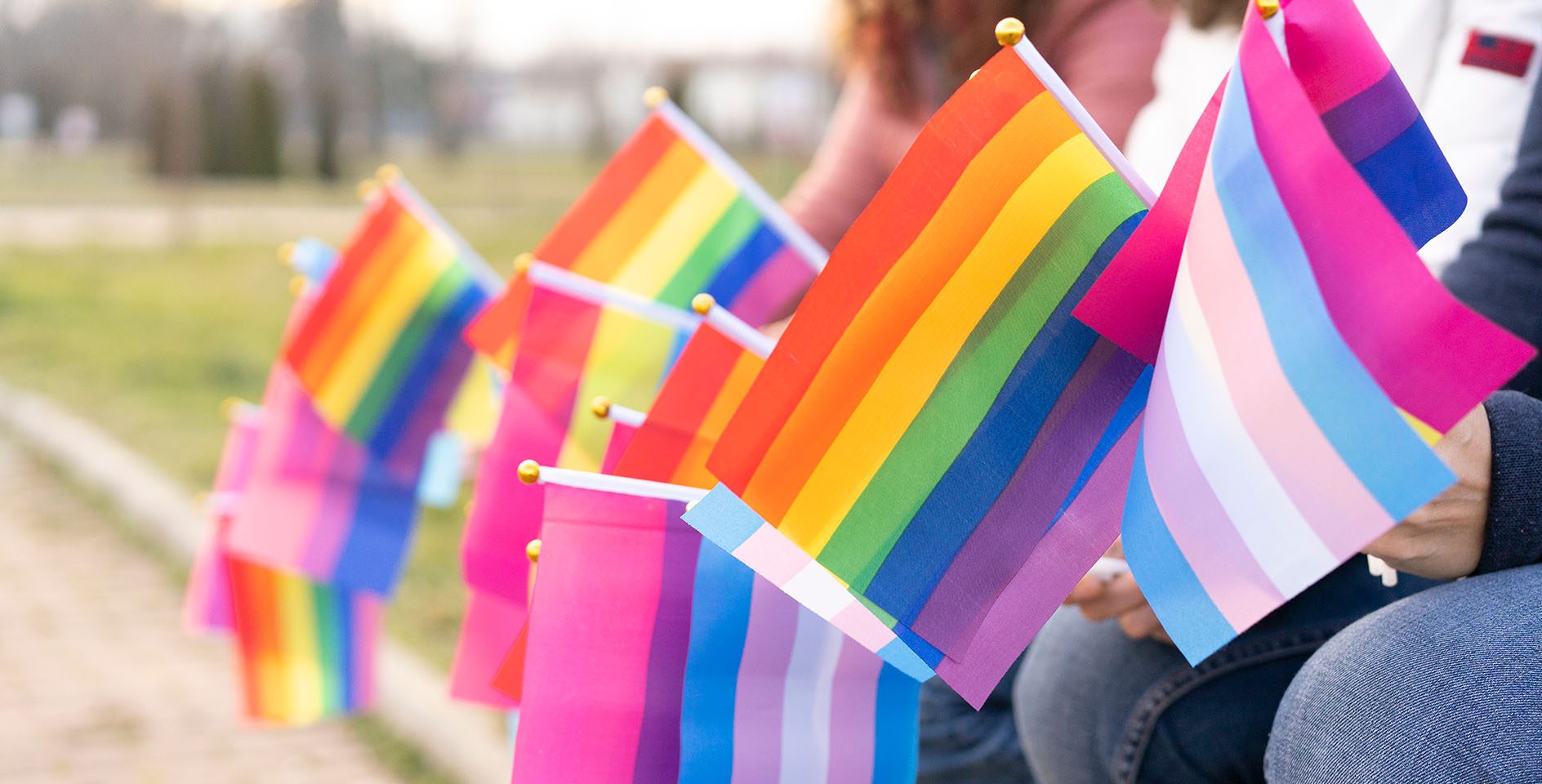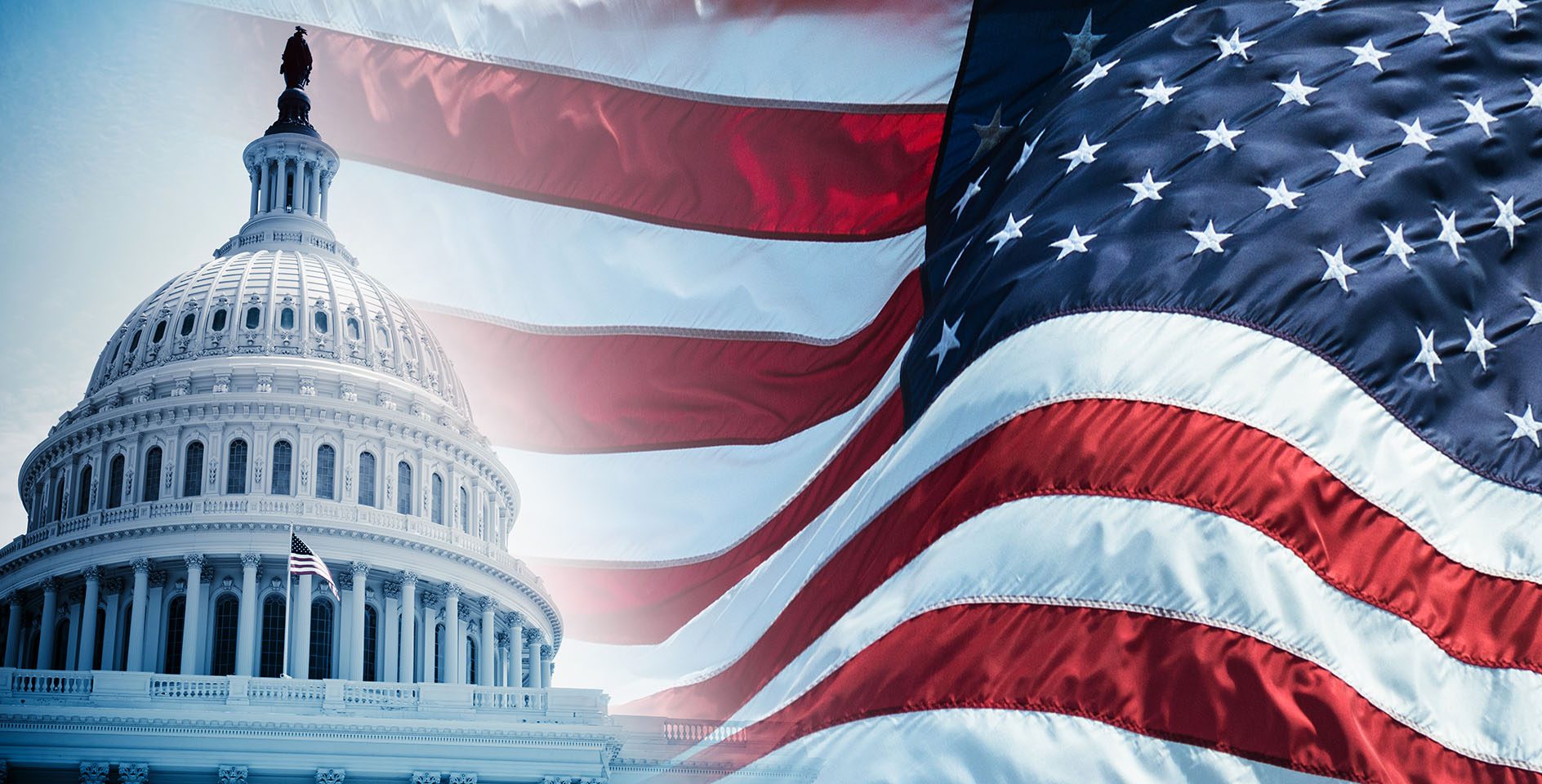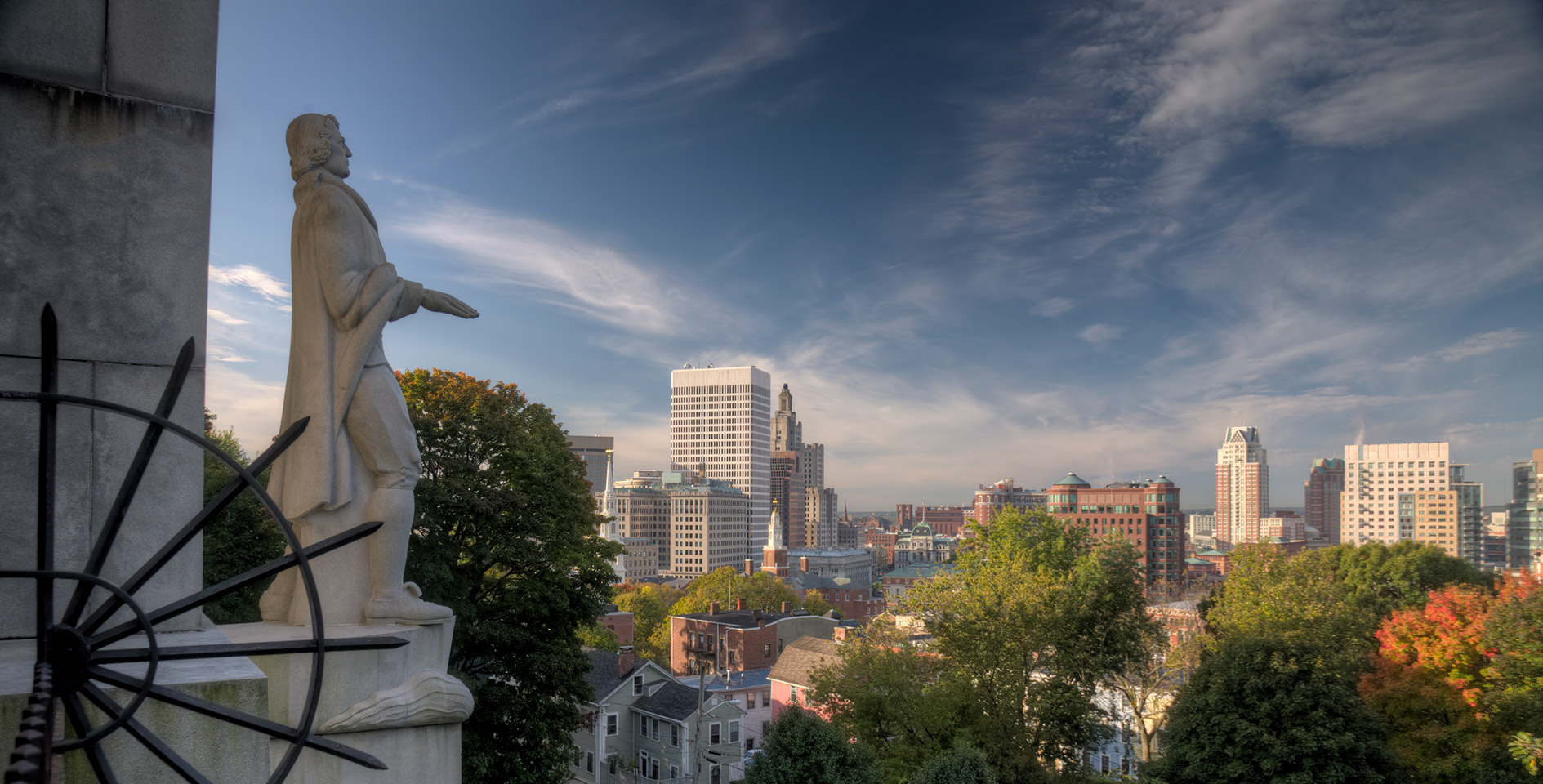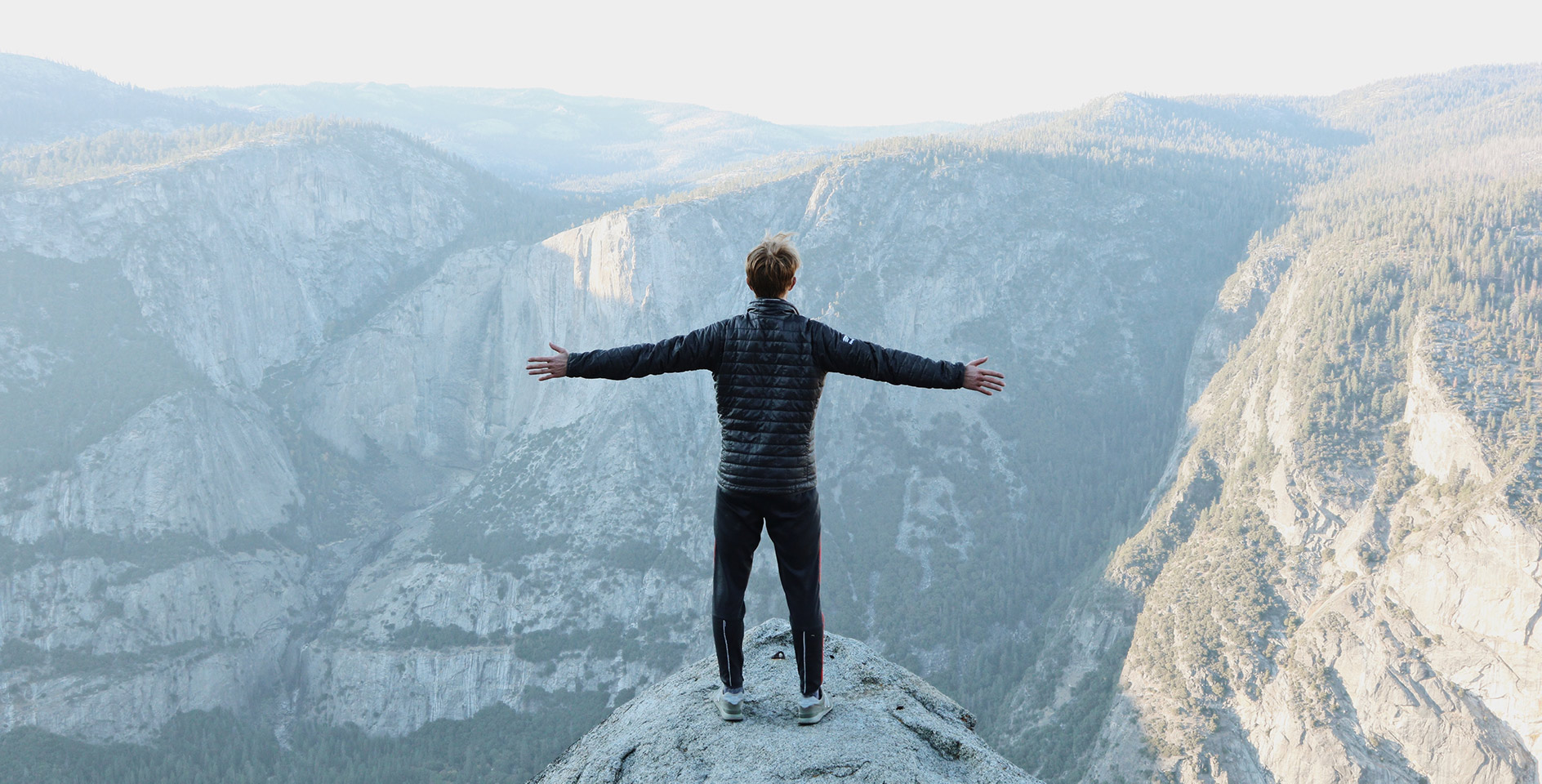A new survey on American religion finds that the percentage of Christians has stabilized, after falling for two decades.
The survey, called the 2020 Census of American Religion, finds that 7 in 10 Americans (70%) identify as Christian, including more than 4 in 10 who identify as white Christian and more than one-quarter who identify as Christians of color. Christians of color include Hispanic Catholics (8%), Black Protestants (7%), Hispanic Protestants (4%), other Protestants of color (4%), and other Catholics of color (2%). Nearly 1 in 4 Americans (23%) are religiously unaffiliated, and 5% identify with non-Christian religions.
The largest religious demographic are those who identify as white and Christian. More than 4 in 10 Americans (44%) identify as white Christian, including white evangelical Protestants (14%), white mainline Protestants (16%), and white Catholics (12%). Black Americans are also mostly Christian (72%). More than 6 in 10 (63%) are Protestant, including 35% who identify as evangelical and 28% who identify as non-evangelical Protestants. Three in 4 Hispanic Americans (76%) also identify as Christian, and half (50%) are Catholic. About 1 in 4 (24%) identify as Protestant, including 14% who say they are evangelical and 10% who identify as non-evangelical Protestant.
Six in 10 Native Americans (60%) identify as Christian, with most (47%) identifying as Protestant (28% evangelical, 19% non-evangelical) and an additional 11% who are Catholic. Asian American and Pacific Islander Americans are as likely to be religiously unaffiliated (34%) as they are to be Christian (34%). The Christian subset includes 1 in 5 (20%) who are Protestant (10% evangelical, 10% non-evangelical) and 10% who are Catholic.
(All respondents who identified as Christian were asked: “Would you describe yourself as a ‘born again’ or ‘evangelical Christian,’ or not?” Respondents who self-identified as white, non-Hispanic, or Protestant and affirmatively identified as born-again or evangelical were categorized as white evangelical Protestants.)
A much smaller percentage of Americans identify as Latter-day Saint (Mormon), Jehovah’s Witness, or Orthodox Christian. The rest of religiously affiliated Americans belong to non-Christian groups, including 1% who are Jewish, 1% Muslim, 1% Buddhist, 0.5% Hindu, and 1% who identify with other religions. Religiously unaffiliated Americans comprise those who do not claim any particular religious affiliation (17%) and those who identify as atheist (3%) or agnostic (3%).
Until 2020, the percentage of white Americans who identify as Christian had been on the decline for more than 20 years, losing roughly 11% per decade. In 1996, almost two-thirds of Americans (65%) identified as white and Christian. But a decade later that had declined to 54%, and by 2017 it was down to 43%. The proportion of white Christians hit a low point in 2018, at 42%, but rebounded in 2020 to 44%.
The recent increase is primarily due to an uptick in the proportion of white mainline Protestants, as well as a stabilization in the proportion of white Catholics. The report notes that since 2007, white mainline Protestants have declined from 19% of the population to a low of 13% in 2016. But over the last three years, the mainline has seen small but steady increases, up to 16% in 2020. White Catholics have also declined from a high point of 16% of the population in 2008 to 12% in 2020.
Since 2006, the most radical decrease in affiliation has occurred among white evangelical Protestants, a group that shrank from 23% of Americans in 2006 to 14% in 2020. That proportion has generally held steady since 2017 (15% in 2017, 2018, and 2019).
The proportion of white Christians decreases for the younger generations. A majority of white Americans 65 and older (59%) identify as Christian, as do those ages 50-64. But that drops to 41% for those ages 30-49. Only 28% of Americans ages 18-29 are white Christians (including 12% who are white mainline Protestants, 8% who are white Catholics, and 7% who are white evangelical Protestants).
Roughly one-in-four Americans ( 26%) are Christians of color (including 9% who are Hispanic Catholics, 5% who are Hispanic Protestants, 5% who are Black Protestants, 2% who are multiracial Christians, 2% who are AAPI Christians, and 1% who are Native American Christians). More than one-third of young Americans (36%) are religiously unaffiliated, and the remainder are Jewish (2%), Muslim (2%), Buddhist (1%), Hindu (1%), or another religion (1%).
The shift among Christians of color is more modest. While the numbers are small, African American Protestants make up 8% of Americans ages 65 and older but only 5% of Americans under the age of 30. Among those aged 18-29, 26% are Chrisitans of color (including 9% who are Hispanic Catholics, 5% who are Hispanic Protestants, 5% who are Black Protestants, 2% who are multiracial Christians, 2% who are AAPI Christians, and 1% who are Native American Christians). By contrast, the proportions of Hispanic Protestants are significantly higher among younger Americans than among people over 65.
White evangelical Protestants are also the oldest religious group in the U.S., with a median age of 56, compared to the median age in the country of 47. Black Protestants and white mainline Protestants have a median age of 50.



